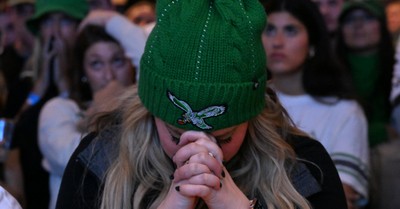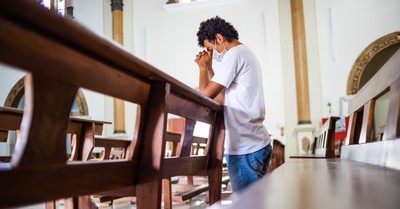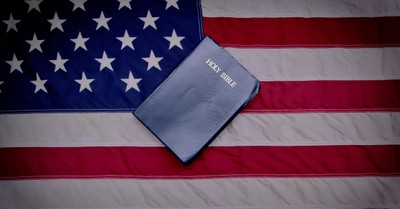
As a cultural apologist, I would add that the parallels between watching American football and participating in American religion are noteworthy. On a typical Sunday, 100 million Americans (30 percent) watch an NFL game, roughly the same percentage as attend worship (28 percent). Most who participate in either activity engage in a transactional experience.

















